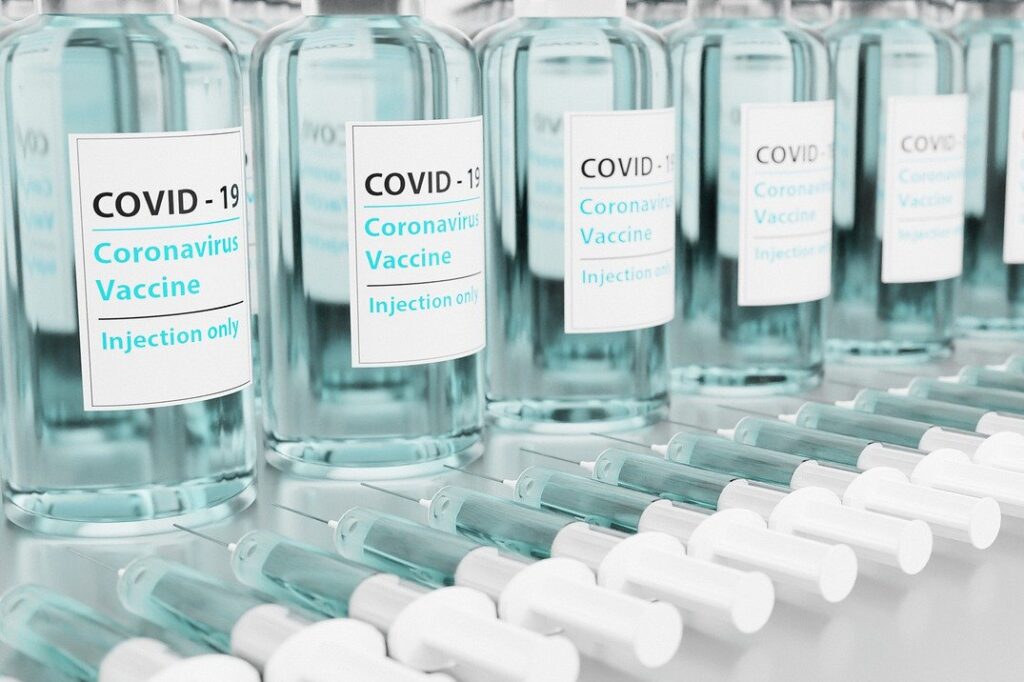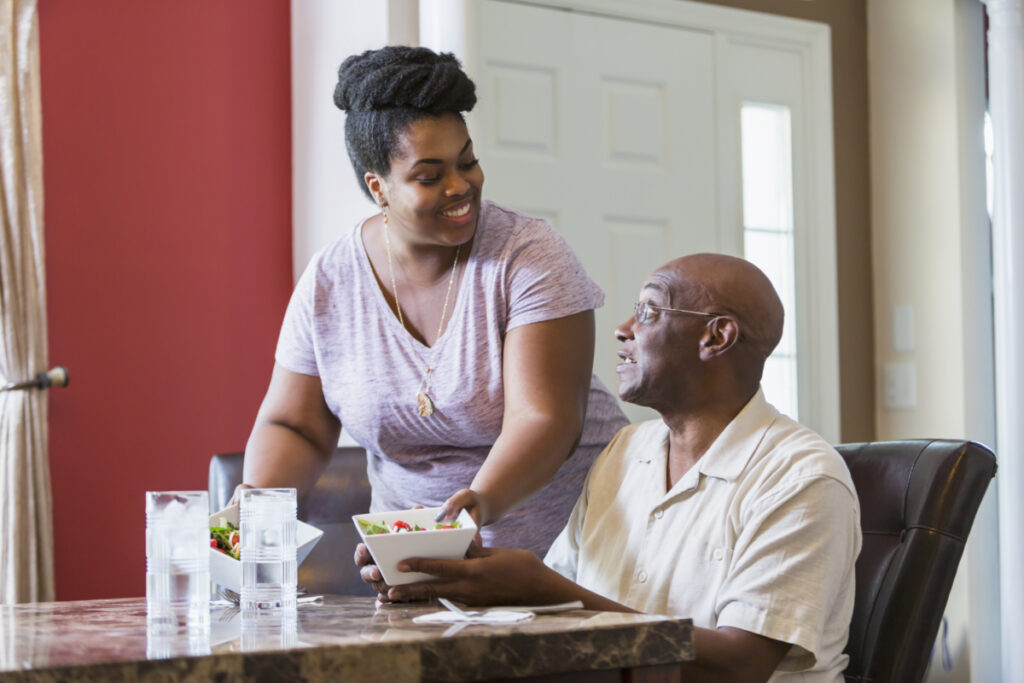As the death toll in nursing homes rises and COVID-19 testing capacity slowly expands, states are each crafting new testing policies to prevent and contain outbreaks in long-term care facilities, where more than half of coronavirus deaths have occurred in many states.
While the US Centers for Disease Control and Prevention (CDC) has issued general recommendations for testing nursing homes’ staff and 1.3 million residents, governors are issuing executive orders with precise testing mandates that include deadlines and penalties for noncompliance, including loss of operating licenses if nursing homes do not meet testing requirements.
On May 19, 2020, the CDC updated its general principles guiding nursing home testing and recommended that all facilities perform a universal, baseline COVID-19 test in residents and staff based on their available “resources and goals” when at least one infection occurs. Nursing homes should then test all residents weekly until all residents test negative. Before a nursing home can reopen to visitors, the federal government recommends daily screenings of staff (taking temperatures and asking about symptoms) and weekly testing of all staff.
States Issue their Own Testing Guidelines
Faced with COVID-19 nursing home deaths, states are mandating specific testing strategies – in some cases stricter than the federal government’s recommendations – though many states still struggle with limited tests and personal protective equipment (PPE) supplies.
New York: Because asymptomatic facility staff are believed to introduce many coronavirus infections into nursing homes, New York Gov. Andrew Cuomo issued an executive order mandating twice-weekly testing of the state’s 185,000 nursing home staff, in addition to the blanket, baseline testing of nursing home staff and residents after an infection. The facilities must arrange for the testing – though employees can use free state testing sites – and report results to the state or risk losing their operating licenses.
New Jersey: New Jersey’s health commissioner signed an executive directive that requires all long-term care facilities, including nursing homes, assisted living residences, comprehensive personal care homes, residential health care facilities, or dementia care homes to provide COVID-19 baseline testing of all staff and residents by May 26, 2020. Those who test negative must be retested within three to seven days after the baseline testing, and any additional testing should follow CDC’s guidelines on Testing for Coronavirus in Nursing Homes. Failure to comply with the guidelines could result in loss of a facility’s operating license.
Maine recently tripled its test kit supply after it purchased $750,000 worth of tests, using federal relief funds, from Maine-based IDEXX, a veterinary biomedical company that repurposed to produce COVID-19 tests. Maine’s testing capacity increased from 2,300 a week to more than 7,000. Before the IDEXX supply became available, facility-wide testing in nursing homes occurred only if there were a minimum of three reported COVID-19 cases in the nursing home. Nirav D. Shah, director of Maine’s CDC, told NASHP the increased testing capacity now allows testing of all nursing home staff or residents after one individual tests positive. When asked about conducting blanket, pre-emptive universal testing in all Maine nursing homes, he explained, “Maine is reviewing that type of expanded testing protocol, but based on input from medical directors at congregate care facilities, an approach that focuses on staff or some other form of targeted testing is under review.”
West Virginia: In April, Gov. Jim Justice issued an executive order, directing the West Virginia Department of Health and Human Resources and the West Virginia National Guard to “immediately” test every nursing home resident and staff member throughout the state. His order places the onus on state and national guard officials – not nursing homes – to perform the tests. Residents and staff members who have previously been tested will be retested to ensure the most up-to-date results possible.
Pennsylvania: Two weeks ago, Gov. Tom Wolf recommended all nursing home employees, patients, and clients at facilities that have had reported cases to be tested once a week for COVID-19. At facilities that have not had reported any cases, Wolf recommended facilities consider testing 20 percent of staff and residents weekly.
Maryland: Gov. Larry Hogan ordered all Maryland nursing home residents and staff to be tested for the coronavirus by state “strike teams” regardless of whether or not they have exhibited any symptoms of the virus. An earlier order had mandated testing in only symptomatic workers and residents. Nursing homes will be prioritized based on an imminent outbreak or a current rising threat of an outbreak. The order also requires nursing homes to have a physician, nurse practitioner, physician’s assistant or registered nurse evaluate all residents on a daily basis. Failure to comply is a misdemeanor punishable by one-year imprisonment and/or a $5,000 fine.
In Washington State, where 61 percent of COVID-19 deaths have occurred in nursing homes, Gov. Jay Inslee ordered widespread testing at all skilled nursing facilities across the state and tasked the Department of Health to come up with a plan to test every nursing home resident and staff member regularly. That will require 37,000 tests, officials report, which doubles the number of tests currently required.
Florida: Earlier this month, Florida’s health department issued an order requiring all nursing home staff and residents to be tested for COVID-19 when there has ben a reported COVID-19 case in the facility. This order specifically included nursing home staff who are not in the building at the time of the baseline screening — otherwise the facility faces fines or risks having its license revoked. The order, issued by Florida’s Agency for Health Care Administration, requires the state’s 3,800 facilities to make all staff and residents – including asymptomatic staff, some of whom have refused to be tested for fear they would lose their jobs – available for testing by the Florida Department of Health and the National Guard. Officials in Florida say a shortage of test kits continues to deter testing at facilities that do not have reported cases, despite CDC guidelines.
Texas faces a similar problem. Gov. Greg Abbott recently ordered health officials to conduct universal testing in all nursing homes, mirroring CDC guidelines, and enlisted state and local public health officials, including local fire department staff, to perform testing. Because of staffing and testing limitations, officials from the Texas Health and Human Services Commission said they do not know when testing will be completed. As of last week, universal testing had occurred in about 190 of 1,224 licensed nursing facilities, according to a Texas Department of Health and Human Services statement. “At this time, cost estimates are still being calculated, and it’s expected costs will be reimbursable by the federal government,” according to the statement. “The state will be working with nursing facilities and officials around the state to assist with capturing costs and ensuring they are able to seek reimbursement.”
Universal Nursing Home Testing Is a First Step
As states struggle to confront the pandemic’s death toll in their nursing homes, leaders acknowledge that persistent test and PPE shortages are hindering their efforts, and a one-time, universal testing, funded in large part by federal relief funds, offers a first step toward controlling a pandemic that they are only beginning to understand.
Utah, which is currently working to test all nursing home staff in compliance with CDC recommendations, exemplifies what many states face. In the Utah Targeted Recommendations in Support of Long-Term Care Facilities during the COVID-19 Pandemic report to the governor, released May 18, 2020, health experts point out that there continues to be delays and significant under-testing in rural nursing homes. “Some (nursing home facilities) are electing not to engage in widespread testing, leading to under-reporting and this has contributed to the undetected spread of the disease in some facilities,” the report’s authors wrote. The task force recommends Utah:
- Require and provide testing kits, PPE, and staff to prioritize comprehensive, widespread and frequent testing of direct care staff and nursing home residents;
- Provide comprehensive contact tracing of all positive nursing home cases;
- Prioritize antibody testing for nursing home staff as it becomes available; and
- Prioritize rapid COVID-19 testing for nursing home staff as it becomes available.
As states face reduced tax revenue and inevitable shortfalls due to economic fallout from COVID-19, officials question if there will be additional federal relief funds forthcoming to cover future testing needs.
- The current baseline tests capture a snapshot of COVID-19 infections in a nursing home facility at one point in time, but a minimum of weekly testing of staff has been recommended moving forward.
- Additionally, nursing homes make up less than half of congregate care facilities in many areas. As states address the nursing facility risk through universal testing, many are developing similar testing strategies for other congregate settings.
“A failure to aggressively address these issues now could result in high costs related to COVID-19 treatment and management, and long-term care facilities could become a reservoir of SARS COV-2 which could accelerate a second wave of the pandemic,” Utah’s task force members warned in their report.



